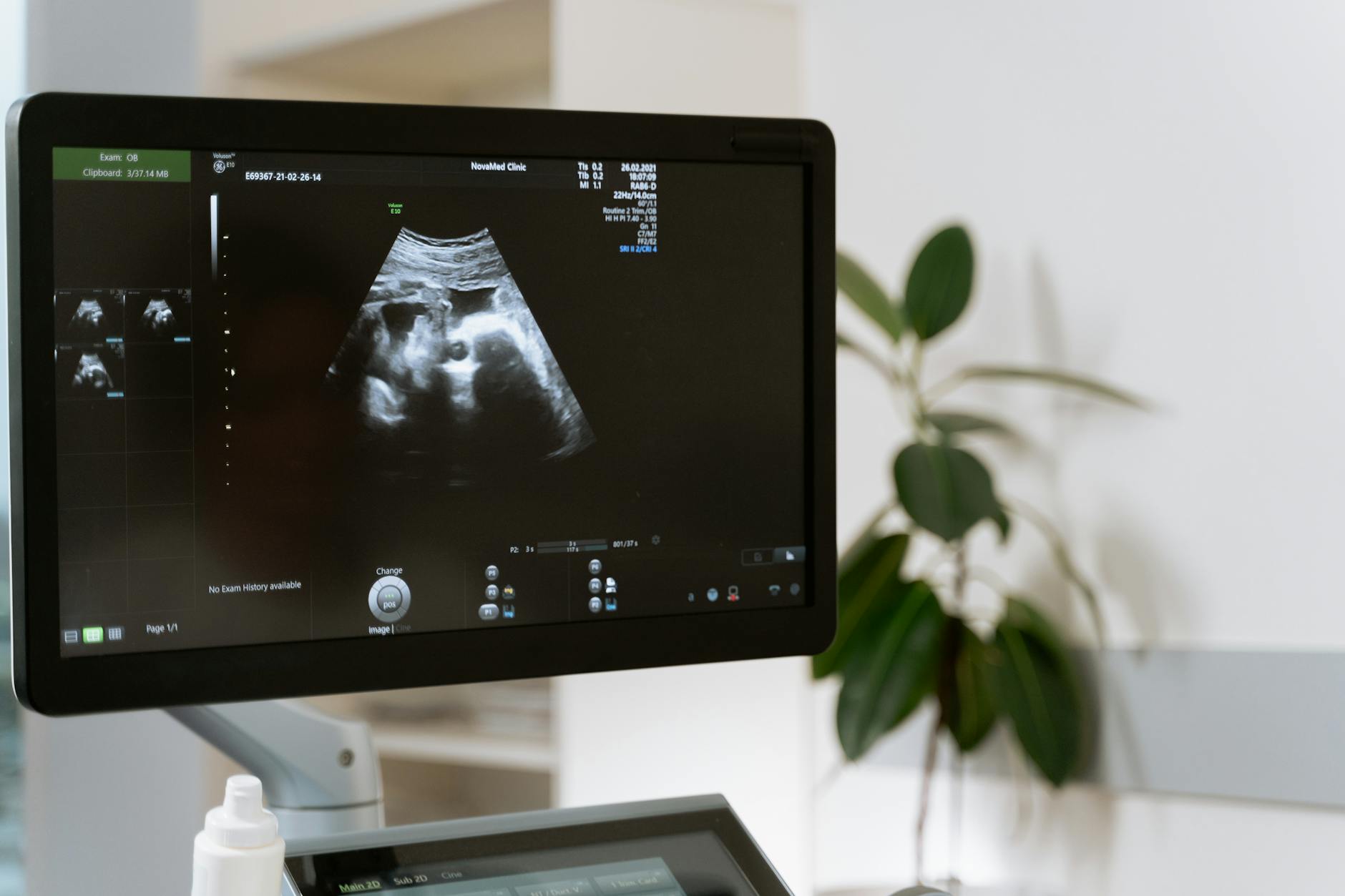Revolutionary 3-Person DNA IVF: 8 Healthy Babies Born in UK, Ending Inherited Disease Nightmare!
In a groundbreaking medical breakthrough, the UK has successfully implemented a revolutionary three-person DNA IVF technique, resulting in the birth of eight healthy babies. This innovative approach has opened up new possibilities for families affected by genetic disorders, offering hope for a healthier future.
The Science Behind Three-Person DNA IVF
Traditional IVF involves combining the DNA of two individuals – the mother and father – to create an embryo. However, in cases where the mother carries a mitochondrial disease, this method can pass on the condition to the child. Mitochondrial diseases affect the energy-producing structures within cells and can result in severe health problems, including muscle weakness, seizures, and developmental delays.

The three-person DNA IVF technique, also known as mitochondrial donation, addresses this issue by incorporating a third person's DNA into the equation. This third person, typically the mitochondrial donor, contributes healthy mitochondria to the embryo, replacing the mother's faulty mitochondria. This ensures that the child inherits the healthy mitochondrial DNA, minimizing the risk of inherited disease.
The UK's Pioneering Achievement: Eight Healthy Babies Born
In a world-first, the UK has successfully implemented this innovative technique, resulting in the birth of eight healthy babies. This achievement marks a significant step forward in reproductive medicine, offering new hope to families affected by mitochondrial diseases.
"This breakthrough is a testament to the UK's commitment to advancing medical research and improving patient outcomes," says Dr. Emma Taylor, a leading expert in reproductive medicine. "The success of three-person DNA IVF has far-reaching implications, not only for families affected by mitochondrial diseases but also for the broader medical community."
The Broader Implications of Three-Person DNA IVF
The success of three-person DNA IVF in the UK has sparked a new wave of interest in the potential applications of this technology. Some of the broader implications of this breakthrough include:
- Expanded reproductive options: Three-person DNA IVF offers a new avenue for families affected by mitochondrial diseases, providing a chance to have healthy, biological children.
- Advancements in disease prevention: This technique has the potential to prevent a range of inherited diseases, including those caused by mitochondrial mutations.
- New insights into genetics: The success of three-person DNA IVF sheds light on the complex interplay between genetics and disease, paving the way for further research and discovery. (Read more: Mitochondrial Diseases: A Review)

Addressing Ethical Concerns and Future Directions
As with any groundbreaking medical technology, ethical concerns surrounding three-person DNA IVF must be carefully considered. Some of the key ethical questions include:
- The role of the mitochondrial donor: The relationship between the mitochondrial donor and the resulting child raises important ethical questions about identity, kinship, and parental responsibility.
- Regulation and accessibility: Ensuring that this technology is accessible to those who need it most, while also regulating its use to prevent misuse, is crucial. (Read more: Mitochondrial Donation: WHO Q&A)
"As we move forward with this technology, it's essential to address these ethical concerns head-on," says Dr. Taylor. "We must ensure that three-person DNA IVF is used responsibly and with the utmost care."
Key Takeaways
- Eight healthy babies have been born in the UK using three-person DNA IVF, a revolutionary technique that prevents inherited mitochondrial diseases.
- This breakthrough has far-reaching implications for families affected by genetic disorders and the broader medical community.
- Addressing ethical concerns and ensuring responsible use of this technology is crucial for its future success.
Conclusion
The UK's pioneering achievement in three-person DNA IVF marks a significant breakthrough in the fight against inherited diseases. As this technology continues to evolve, it's essential to remain aware of its broader implications, addressing ethical concerns while harnessing its potential to improve human health. With eight healthy babies born, the UK has set a new standard in reproductive medicine, offering hope for a healthier future for families around the world.

Comments
Post a Comment